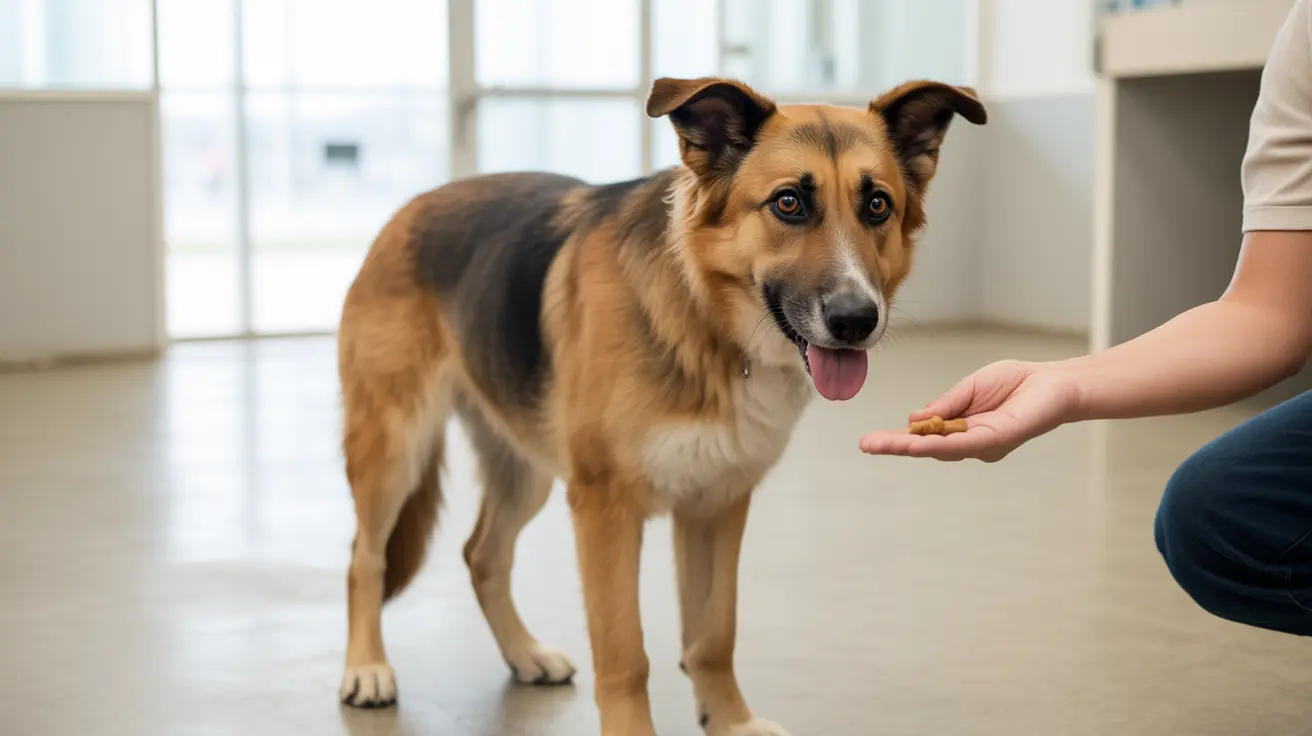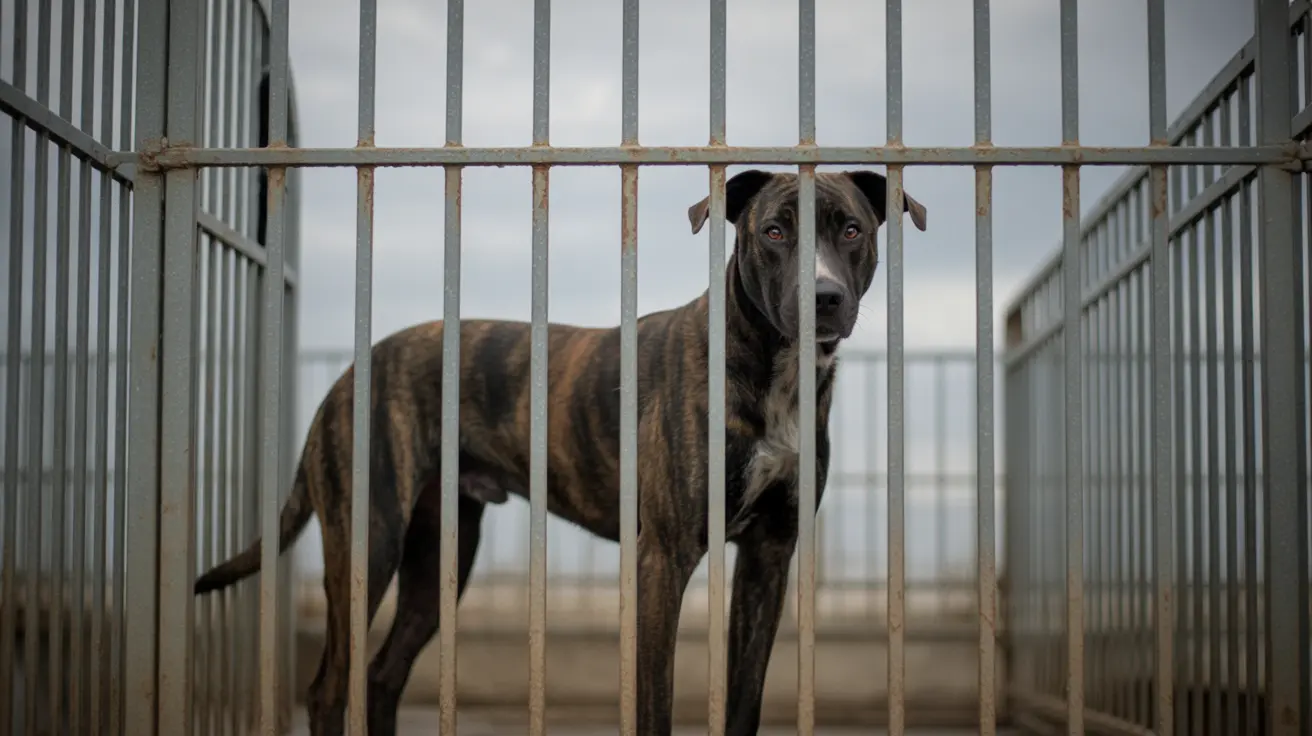While many pet owners worry about their cats experiencing stomach flipping similar to what occurs in dogs, the reality is quite different. Gastric dilatation-volvulus (GDV) or "stomach flipping" is extremely rare in cats, though they can experience other serious abdominal conditions that require immediate attention.
Understanding the truth about feline gastric issues and related conditions like splenic torsion can help cat owners recognize genuine emergencies and seek appropriate veterinary care when needed. Let's explore what really happens with cats' internal organs and what warning signs deserve immediate attention.
The Truth About Stomach Flipping in Cats
Unlike dogs, cats rarely experience true stomach flipping or GDV. Their anatomy and eating habits make them naturally resistant to this condition. When cats do develop serious abdominal issues, they're more likely to involve other organs, particularly the spleen.
The anatomical structure of cats' digestive systems, combined with their typically measured eating habits, provides natural protection against the kind of gastric twisting commonly seen in deep-chested dog breeds.
Understanding Splenic Torsion: A More Common Feline Concern
While stomach flipping is extremely rare, cats can develop splenic torsion - a serious condition where the spleen twists around its blood supply. This condition, though still uncommon, has been documented in cats and requires immediate medical attention.
Signs and Symptoms to Watch For
Cat owners should be alert for these warning signs:
- Sudden lethargy or weakness
- Vomiting or retching
- Abdominal swelling or distension
- Pale gums
- Rapid breathing or heart rate
- Signs of severe discomfort or pain
Emergency Care and Treatment Options
If you notice any concerning symptoms, immediate veterinary care is essential. Treatment typically involves:
- Emergency stabilization with IV fluids
- Comprehensive diagnostic imaging
- Surgical intervention when necessary
- Post-operative monitoring and care
Prevention and Risk Management
While you can't completely prevent abdominal emergencies, you can reduce risks by:
- Maintaining regular veterinary check-ups
- Monitoring your cat's eating habits
- Addressing any chronic health conditions promptly
- Being aware of breed-specific risks
Frequently Asked Questions
Can cats' stomachs actually flip like in dogs, or is that condition unique to dogs?
True stomach flipping (GDV) is extremely rare in cats and is primarily a condition affecting dogs, particularly large, deep-chested breeds. Cats' anatomy and eating habits make them naturally resistant to this condition.
What are the signs and symptoms of splenic torsion in cats that pet owners should watch for?
Key warning signs include sudden lethargy, vomiting, abdominal swelling, weak pulse, rapid heart rate, pale gums, and severe abdominal pain. Chronic symptoms may include intermittent vomiting, decreased appetite, and weakness.
How is splenic torsion diagnosed and treated in cats, and what is the prognosis after surgery?
Diagnosis typically involves physical examination, ultrasound, and sometimes exploratory surgery. Treatment usually requires surgical removal of the affected spleen. With prompt treatment, the prognosis is generally good, as cats can live normally without a spleen.
Are certain cat breeds more prone to splenic torsion, and can any underlying conditions increase the risk?
Some breeds, including Siamese and Abyssinians, may have a higher predisposition. Underlying conditions like chronic anemia might increase risk, though research is limited due to the condition's rarity.
What should I do if my cat shows sudden abdominal swelling, vomiting, or lethargy to prevent complications from splenic torsion?
Seek immediate veterinary care if you notice these symptoms. Quick medical intervention is crucial for the best outcome. Don't wait to see if symptoms resolve on their own, as delays can lead to serious complications.
Conclusion
While cats rarely experience stomach flipping, being aware of serious abdominal conditions like splenic torsion can help ensure prompt treatment when needed. Understanding the difference between common feline health issues and true emergencies helps cat owners make informed decisions about their pet's care.
Remember that any sudden changes in your cat's behavior or appearance warrant veterinary attention. Early intervention often leads to better outcomes in treating serious conditions affecting your feline companion.






